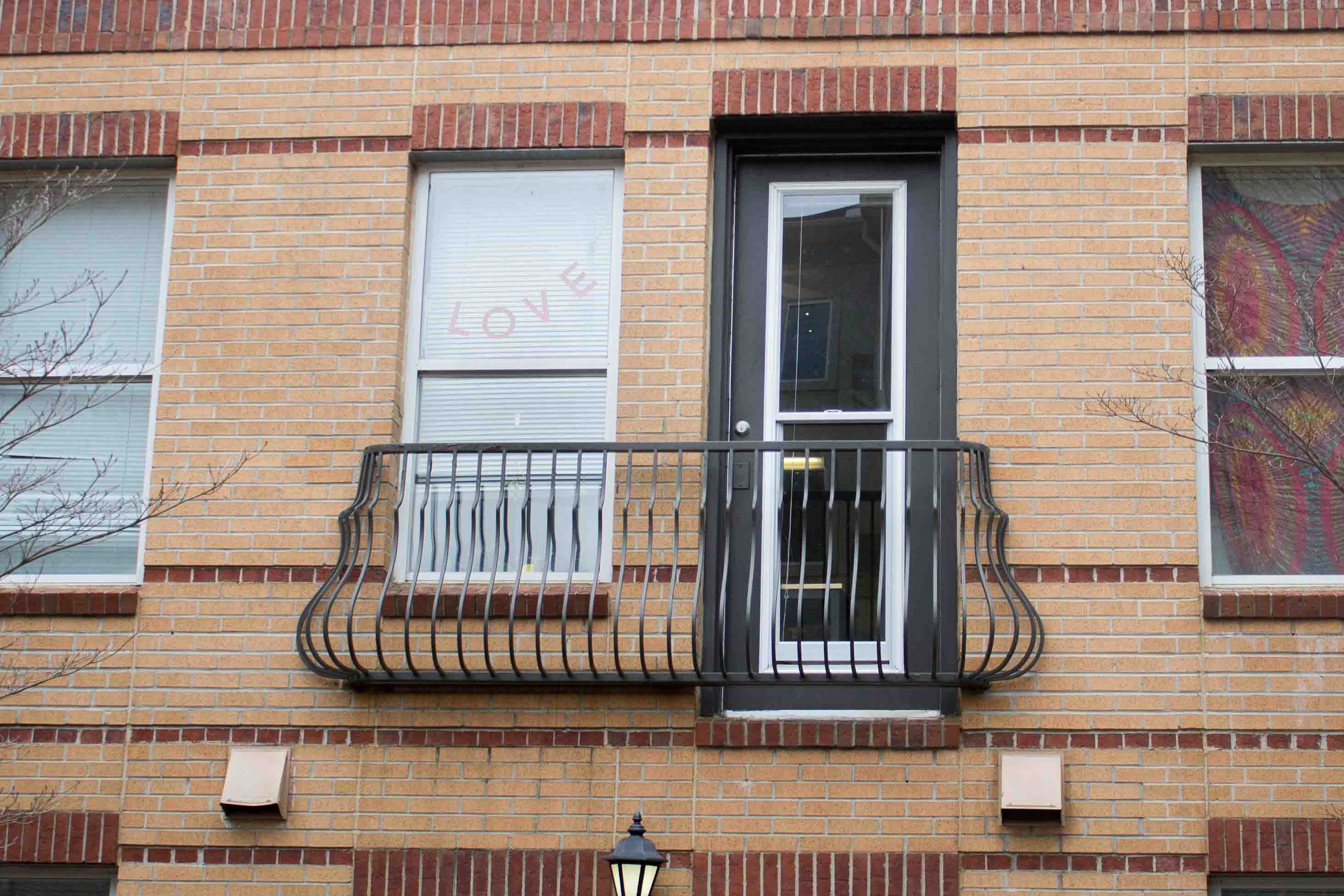Kennesaw State student housing needs to honor the privacy of their students by creating a housing contract with more specific language and by not allowing housing agents to enter students’ rooms at any time.
For KSU students living on campus, dealing with less privacy has become an accepted normality. More than 5,200 students live in residential communities between the Kennesaw and Marietta campuses, according to KSU’s website. All students who live on campus are subject to room inspections and may receive visits from maintenance.
In my experience living on campus for the past two-and-a-half years, all the maintenance workers and members of the housing staff have been genuinely nice people. Still, it is embarrassing to walk out in your underwear in front of a complete stranger in your living room — a situation I have found myself in more than once.
KSU’s student housing department is supposed to send email alerts to notify you when someone will be entering your apartment and the majority of the time they do.
Still, the student housing department does not send emails every time someone is scheduled to enter your apartment, which violates the privacy of students. While this occasional breach of privacy can be an annoyance, KSU’s student housing is problematic in much more serious ways.
When students apply to live on campus at KSU, they have to sign a housing contract. However, this contract is only made available to students submitting housing applications — it can not be accessed publicly online.
The housing contract has a section titled “Room Space Entry,” which states that “the university and provider’s staff or other designated agents may enter residence room space at any time.”
It continues to list the reasons why staff would need enter a students room, including performing maintenance, addressing anything deemed to be an emergency, enforcing university rules and more.
Essentially, while this may not be common at KSU, staff members can enter student’s apartments and bedrooms at whatever time and for whatever reason they like, so long as they can claim it was to enforce university rules.
“We’re all adults and we pay a lot of money to live here,” said Jonny Theriault, a freshman arts major. “It’s unfair that housing has the power to come in whenever they want.”
Creating a contract with such broad language allows for the possibility of invasive and awkward interactions between students and housing staff. It means that housing staff can enter a student’s room at any hour of the day for something as arbitrary as making sure they don’t have an electronic vape or a candle.
While events like this may not happen often, this type of overreach of authority should not be permitted by university rules.
Once in your apartment, if staff members find anything illegal, like alcohol in the room of an underage student, they are expected to call campus police. The “designated agents” mentioned in the contract are typically outside contractors and pest control working on rooms, but the term can refer to city or county police, according to KSU Housing officials.
By clarifying the student contract and beginning to alert students before entry, KSU housing would grant better privacy to students. Students who live on campus have the right to privacy, and they deserve more of it.



